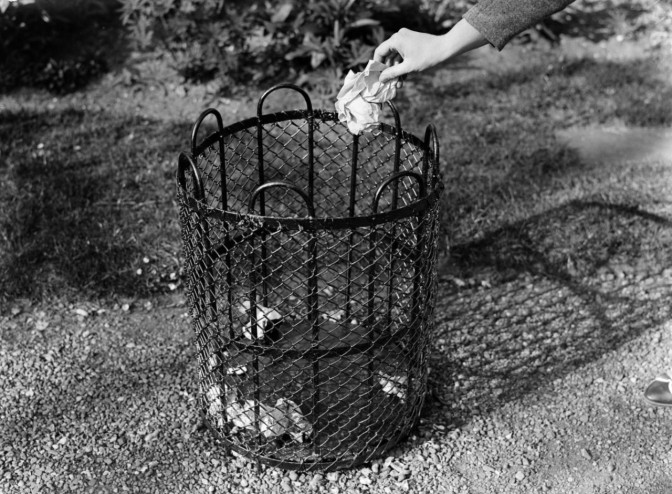The receipt of the Teeven deal had been preserved: we could reconstruct how much money had been paid; even fifteen years after the fact. The drama that followed demonstrated that archiving is more than just preserving things well; it is also a matter of being able to find information again.*
In the Netherlands, the national government has a digital repository, a joint service where archives and government agencies can store their digital information. This system has been built over the last couple of years and is now in use. Hundreds of terabytes of information have been ingested, but until recently its focus had been on preserving as well. Presenting was less urgent: much of the information was not public yet and making sure the information was not lost was the top priority. These past few months, the first part of the digital repository has become available to the public, via the website of the Nationaal Archief, so some of the digital records can now be accessed online.
The technology is working. The real challenge will be to make sure it is used correctly. When archiving, there is a big difference between paper and digital information. Paper requires action to lose it (throw it away) while digital records require action to preserve it, so it does not get destroyed during the next migration of a system or cannot be opened by new versions of the software.

Credits: Willem van de Poll, collection Nationaal Archief (CC-BY)
Digital records come in many shapes. They can be documents, or large databases like the national Persons registry, websites like the Staatscourant and expressions on social media. Many civil servants and politicians do not even realize what constitutes an archival record. Just remember Hillary Clinton, who used her private email account for correspondence as Secretary of State so these emails were not archived.
A couple of years, when I wanted to save an email to the government’s digital repository, I was told to “just print it and scan it, because I know how to upload images.” I hope that the investments in the digital repository won’t be limited to technology, but that it will also put processes in place and teach the people working in the government to use it. That way, future politicians can easily verify the contents of a deal themselves, by consulting the digital repository.
* In 2001, district attorney Fred Teeven made a deal with a criminal whereby the criminal would receive some of his seized assets back in return for his collaboration in the investigation. Fourteen years later, Teeven was a state secretary of Justice and incorrectly informed the House of Representatives about the amount of money involved in the deal. He said that no evidence survived about the deal, but then the receipt was found that showed he had authorized a 4.7 million euro deal rather than 1.25 million as he had first indicated. When it became clear that Teeven had misinformed the house about the size of the deal and about the lack of evidence, Teeven and the Secretary of Justice submitted their resignations.
A Dutch version of this column first appeared in the March 2016 issue of Gen, the quarterly magazine of the Centraal Bureau voor Genealogie.


Hillary Clinton does not have the honor to resign. The only way she will go is if the F.B.I. and our Justus Department will take her away.